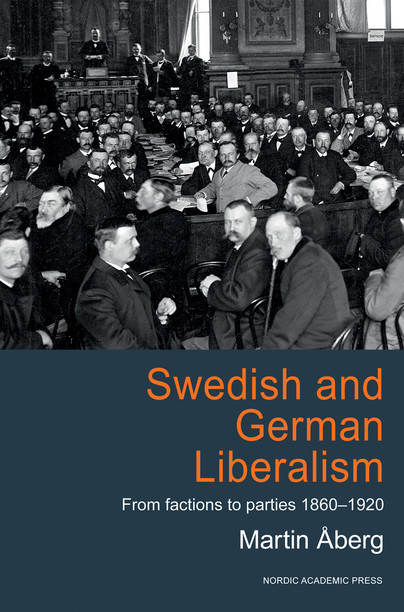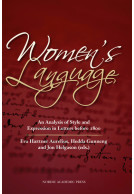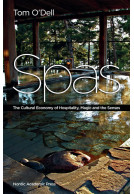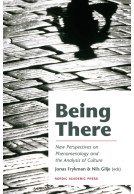Swedish and German Liberalism (Hardback)
From Factions to Parties 1860-1920
Imprint: Nordic Academic Press
Pages: 246
Illustrations: b/w maps
ISBN: 9789185509546
Published: 29th March 2011
Script Academic & Professional
Pages: 246
Illustrations: b/w maps
ISBN: 9789185509546
Published: 29th March 2011
Script Academic & Professional
You'll be £29.99 closer to your next £10.00 credit when you purchase Swedish and German Liberalism. What's this?
+£4.99 UK Delivery or free UK delivery if order is over £40
(click here for international delivery rates)
Order within the next 7 hours, 6 minutes to get your order processed the next working day!
Need a currency converter? Check XE.com for live rates
(click here for international delivery rates)
Order within the next 7 hours, 6 minutes to get your order processed the next working day!
Need a currency converter? Check XE.com for live rates
At the start of the twentieth century, political parties had the potential to focus grass-roots interest in the development of modern, democratic nation-states. Yet all the new parties were met with suspicion across Europe, particularly among liberals. These popular misgivings and the way the liberals nevertheless managed to build a party are the subject of this book. In this book, historian Martin Åberg argues that because of liberalism's individualistic traits, which left liberals less susceptible to political organisation on a mass basis, party members had to come to an uneasy compromise between individual and collective action. Åberg compares two regions -- Värmland in Sweden and Schleswig-Holstein in Germany -- which historically both had a significant liberal presence. Despite its organisational shortcomings, liberalism in Sweden paved the way for the peaceful democratisation of the state. In Germany, however, liberalism turned conservative, foreshadowing the extreme nationalism and Nazism that was to come. Åberg argues that the peculiarities of organisational behaviour go some way to explain the very different outcomes.
Other titles in Nordic Academic Press...















